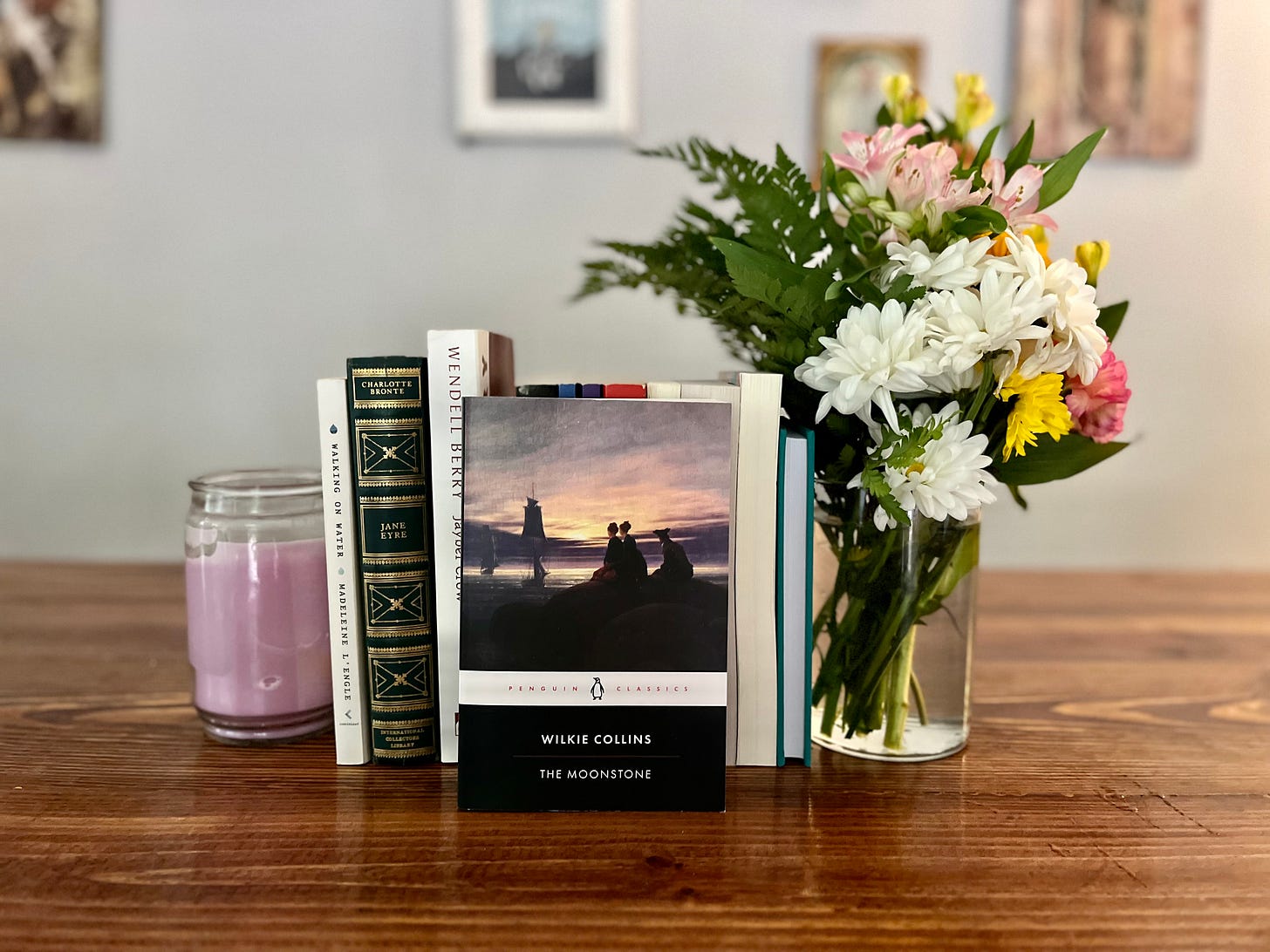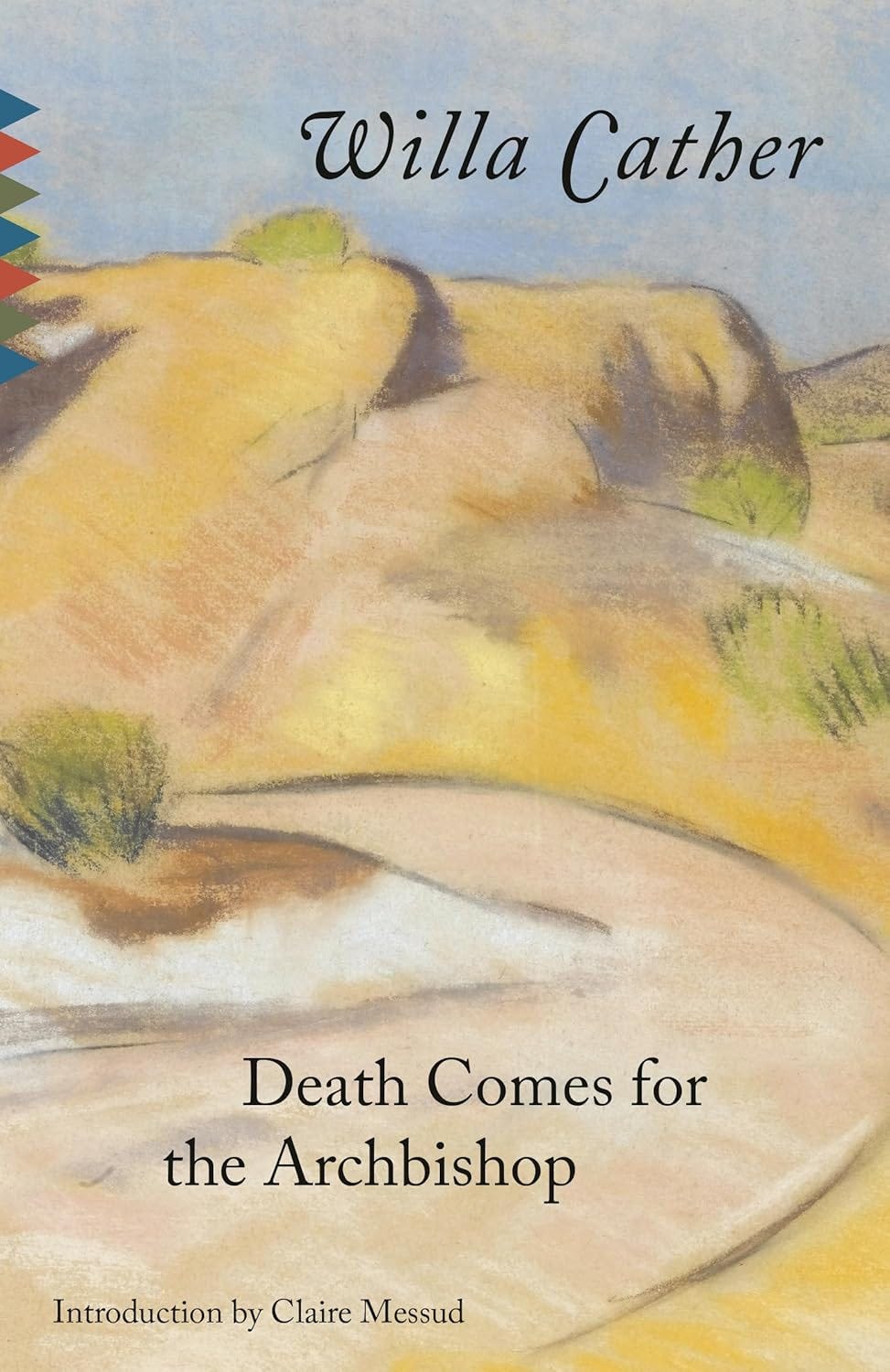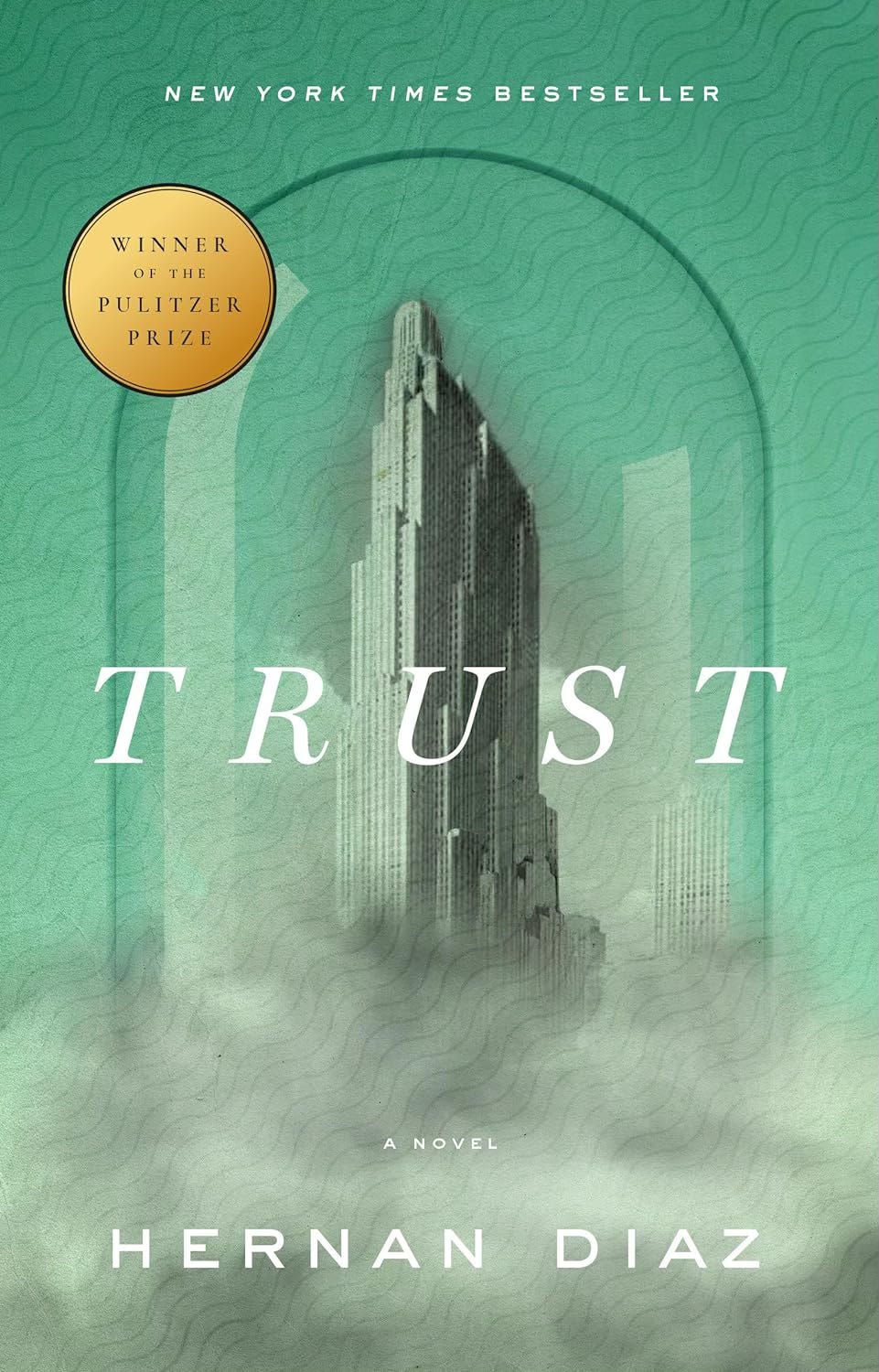Welcome to Reading Revisited, a place for friends to enjoy some good old-fashioned book chat while revisiting the truth, beauty, and goodness we’ve found in our favorite books.
Hello, Readers!
We have come to the end of The Moonstone. I don’t know about you, but for me this book was a page-turner from start to finish (despite its length). I closed this book with all the satisfaction that I am accustomed to find in the end of a good detective novel. Despite the twists and turns, justice is done! The bad guy gets got (albeit in a rather roundabout way), the lovers unite, and order is restored…voila.
In wrapping up our read-along guide, I want to begin with a quick look at how The Moonstone falls in to the genres we discussed in the beginning. I’ll then shout out a few things that really stood out from this last reading section (Though I must admit that I found my notes from this section rather scanty - despite it being a re-read, I was so caught up in the mystery that I rarely slowed down long enough to take notes!) and follow up on a few themes we’ve been tracking!
Genre
As I mentioned in the first section read-along guide, this novel fits nicely into multiple genres. As we finish up, I want to take a moment and look at some features from The Moonstone and see how it might fall into both the gothic-esque sensation novel as well as what we now see as the detective fiction genre.
Gothic Tropes in The Moonstone
haunted object: duh
family secrets
exotic mystery: indian diamond and Indian travelers/jugglers
supernatural elements: the “clairvoyant” boy with the Indians, Franklin’s fear of Rosanna rising from her watery grave while he searches for the hidden box, final “ceremony” scene from the epilogue
damsel in distress: this one is interesting - a bit of a reversal here. Rachel is the one “protecting” Franklin from his own guilt
Detective Story Tropes in The Moonstone
eccentric detective with obsessive hobbies: (think of Lord Peter collecting folios, Poirot and his vegetable marrows, Sherlock Holmes with his violin) Sergeant Cuff and his rose-growing certainly fits in with this crowd
amateur detective (the Watson): Betteredge as Watson with his “detective fever” is excellent
“Locked room” mystery
red herrings: Indian jugglers, Rosanna’s suspicious behavior, Rachel’s silence, etc.
the detective coming to the conclusion before the “reveal”: after his former mistake in assuming Rachel’s guilt, Cuff is redeemed in solving the puzzle in the end
As a lover of both the gothic and detective fiction genres, this novel was right up my alley; and seeing in it the “birth” of many well-known and loved detective story tropes was simply delightful.
Some Themes & Quotes
Names
I mentioned briefly in our first read-along guide that I was interested to see what Collins was doing with his names. There are several interesting ones, but two names, especially, stood out to me as I reflected.
First, Rosanna. The name literally means gracious/favored rose. Go back with me to our first reading section. Among the first things Sergeant Cuff does upon arriving at the house is to check out the rose garden. Note how he mentions to the gardener the ideal conditions for growing roses:
“This is the shape for a rosary - nothing like a circle set in a square! But they oughtn’t to be gravel walks like these. Grass, Mr Gardener - grass walks between your roses; gravel’s too hard for them” (first period, ch 12)
Perhaps we can read between the lines here and consider this conversation to be a metaphor applied to “favored rose” in the household. Maybe Collins, like his pal Dickens, is interested in the question of poverty and how the conditions in which one is brought up affect one’s decisions and trajectory of life.
One last name I want to consider is that of the man who is, arguably, the hero of this reading section: Ezra Jennings. This is not the first biblical name we’ve seen in the story (Gabriel, Samuel, Rachel), but it is a significant one. Ezra is remembered in Old Testament history as the one whom God used to rebuild the Hebrew community after the Babylonian exile. How fitting that it is Ezra Jennings who is responsible for helping to restore communion between Rachel and Franklin:
“Is it possible…that I, of all men in the world, am chosen to be the means of bringing these two young people together again?” (second period, fourth narrative)
Is the Diamond cursed?
I want to circle back to this question now that we’ve arrived at the end. As we discussed in the first section read-along guide, a major question of this story is whether the Diamond is indeed cursed or whether human greed is behind the mysterious and dangerous happenings that seem to follow The Moonstone.
The religious ceremony depicted by Mr. Murthwaite in the epilogue certainly puts the religious nature of the Diamond at the front of our mind. The fact that the three brahmins who guarded and eventually retrieved the Diamond were willing to sacrifice their caste in order to protect it - that certainly shows an incredible level of devotion.
I’m also fascinated by the manner in which the Diamond was stolen. The fact that on that particular night Mr. Candy would try his experiment on Franklin, and that Franklin would happen to pass the stone to Godfrey who happened, just at that time, to be in desperate financial straits might be asking us to suspend our disbelief a bit much, UNLESS we remember the Diamond’s curse. Perhaps that comes into play here? We must also not forget the several deaths surrounding the Diamond (however directly or indirectly) - Rosanna, Lady Verinder, Godfrey, and even Ezra.
Finally, I’m fascinated by the way that Godfrey’s demise is something of a fulfillment of the prophesy the dying Indian made before his death:
“I came in, and I saw John Henrcastle, with a torch in one hand, and a dagger dripping with blood in the other…The dying Indian sank to his knees, pointed to the dagger in Herncastle’s hand, and said, in his native language: ‘The Moonstone will have its vengeance yet on you and yours!'‘ He spoke those words and fell dead on the floor” (prologue).
English vs. Foreign
Much more commentary on “English-ness” vs. “Foreign-ness” arises in this section. First, perhaps, with Ezra himself. We learn early on that Ezra, though he had an English father, was born in one of the colonies to a foreign mother. Even before he admits to the fact, his dark complexion and interesting way of speaking gives him away:
“Ezra Jennings stopped for a moment, and picked some wild flowers from the hedge by the roadside. ‘How beautiful they are!’ he said, simply, showing his little nosegay to me. ‘And how few people in England seem to admire them as they deserve!’” (second period, third narrative, ch 9)
I’m also interested in the character of Mr. Murthwaite. From our first meeting with him, he is described in unusual terms and is viewed suspiciously by Betteredge, and even Mr. Bruff to a certain extent. Murthwaite, as an Englishman, provides an interesting “bridge” between East and West that gives him an important role in the story.
I love the epilogue, and that Mr. Murthwaite gets the last word:
“So the years pass, and repeat each other; so the same events revolve in the cycles of time” (epilogue).
The ending certainly brings us back to the mysterious nature of the Diamond, and reminds us that we are indeed reading A Romance!
Some Final LOL Moments (as a parting gift)
“Here I am, with my book and my pencil - the latter not pointed so well as I could wish, but when Christians take leave of their senses, who is to expect that pencils will keep their points” (Gabriel Betteredge, second period, fourth narrative)
“Speaking as a man, I consider you to be a person whose head is full of maggots.” (Gabriel Betteredge, second period, fourth narrative)
“I had taken the precaution of looking at [the books] when we had first entered the room. The Guardian; the Tatler; Richardson’s Pamela; Mackenzie’s Man of Feeling; Roscoe’s Lorenzo de’ Midici; and Robertson’s Charles the Fifth - all classical works; all (of course) immeasurable superior to anything produced in later times; and all (from my present point of view) possessing the one great merit of enchaining nobody’s interest, and exciting nobody’s brain” (Ezra Jennings, second period, fourth narrative).
“Family festivals having been rare enough at our house, since my poor mistress’s death, I own - on this occasion of the wedding - to having taken a drop too much on the strength of it. If you have ever done the same sort of thing yourself, you will likely understand and feel for me. If you have not, you will very likely say, ‘Disgusting old man!..(You have got your favorite vice, too; only your vice isn’t mind, and mine isn’t yours)” (Gabriel Betteredge, second period, eighth narrative)
Thank you all for reading The Moonstone along with us! I hope that everyone enjoyed it as much as I did. It truly is a delightful story, and one that I plan to come back to often in the future. I’ll leave you with some parting words courtesy of everyone’s favorite narrator:
“When this is said, all is said. Ladies and gentlemen, I make my bow, and shut up the story” (Gabriel Betteredge, second period, eighth narrative)

Until next time, keep revisiting the good books that enrich your life and nourish your soul.
In Case You Missed It:
On the Podcast:
What We’re Reading Now/Next:
April
The Moonstone by Wilkie Collins
May
Death Comes for the Archbishop by Willa Cather
June
Trust by Hernan Diaz
A Few Reminders:
If you are wanting to get in on the in person or virtual community please contact us!
We have turned on paid subscriptions which will allow you to support the work we are doing here as well as receive Read Along Guide PDFs each month, voice recordings of the Read Along Guides and Essays, and we are working on (printable) bookmarks for each book.
If you would like to make a small contribution to the work we’re doing here at Reading Revisited, we invite you to do so with the Buy (Us) a Coffee button below. We so appreciate your support!
*As always, some of the links are affiliate links. If you don’t have the books yet and are planning to buy them, we appreciate you using the links. The few cents earned with each purchase you make after clicking links (at no extra cost to you) goes toward the time and effort it takes to keep Reading Revisited running, and we appreciate it!
Reading Revisited is a reader-supported publication. To receive new posts and support our work, consider becoming a free or paid subscriber.







I am so happy you guys picked this book. It was such an enjoyable read, and I genuinely was kept guessing (really liked how my theories kept getting proven wrong/how with each narrative I had to begin again). Ezra’s narrative was especially moving; as was Rosanna’s letter. Both felt very Dickensian in their tragedy/concerns with social injustices (racism and classism). And great work on the reading guides Hannah!
How timely! I was about to start this book! I’ll be reading along.